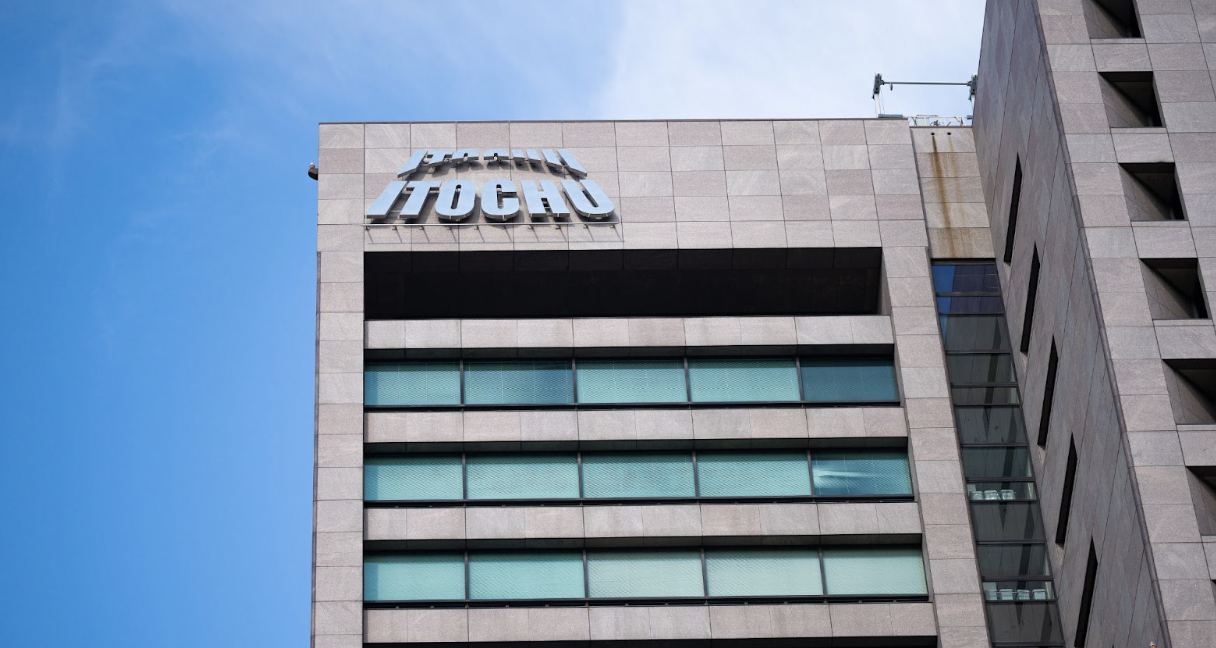![]()
In response to the January 26 International Court of Justice ruling recognizing potential genocide in Gaza, Itochu Corporation, a Japanese trading conglomerate, has recently severed ties with Elbit Systems, one of Israel’s largest defense contractors.
Since October 7, nearly 30,000 Palestinians have lost their lives in the Israel-Hamas conflict, with approximately 2 million Gaza residents displaced by Israeli airstrikes and gunmen. Thus, on January 26, the International Court of Justice issued a long-awaited set of rulings mandating humanitarian assistance, preservation of evidence and prevention of genocidal acts from Israel.
Itochu Corp is a mammoth corporation, with 90 bases in over 60 countries and a place on Fortune’s Global 500 list. Prior to the Israel-Hamas war, Itochu’s aviation unit and Elbit Systems signed an agreement regarding future projects on March 15th, 2023, which would have made Itochu a leader in the Japanese defense market by receiving combat-proven systems from the contractor.
Elbit Systems stated, “Elbit Systems, NAS, and Itochu Aviation have signed an MOU [Memorandum of Understanding] [and] Elbit will provide technology and advanced solutions” to Japan. The technology exchange contract encompassed deals regarding military aircraft and land-based equipment for the Japanese military.
However, after the announcement of cooperation between Elbit and Itochu, Japanese student activists and others quickly boycotted and protested against Itochu in December. According to Itochu’s website, its mission statement is: “ITOCHU Group has passed down and will continue to pass on in the future its founding spirit of commerce, Sampo Yoshi: good for the buyer, good for the seller and good for society.” Many quickly pointed out the discrepancy between the company’s mission and its actions in engaging with Israel in the context of war in Gaza. Protestors urged Itochu to cancel the contract.
More than 30,000 Japanese citizens also signed a petition that referred to Elbit Systems as the “Merchant of Death” and the Japanese organization Students and Youths for Palestine shared materials detailing the Israeli company’s involvement in the Gaza war. It stated, “Elbit Systems produces 85% of the drones and land-based equipment that the Israeli military uses.” Activists pointed to the surveillance drones, white phosphorous bombs and projectiles also created by Elbit Systems. They also quoted the company’s “field-tested” equipment, particularly the Iron Sting guided mortar munition used in October as evidence of exploitation of Palestinian lives for weapon experimentation.
After the strong public reaction to the deal, Itochu Chief Financial Officer Tsuyoshi Hachimura stated the “partnership is based on a request from Japan’s defense ministry for the purpose of importing defense equipment for the Self-Defense Forces necessary for Japan’s security, and is not in any way related to the current conflict between Israel and Palestine.” Nevertheless, public opposition persisted.
This year, when the International Court of Justice expressed its concerns over the possibility of genocide in Gaza, Itochu Corp promptly announced the termination of their 2023 memorandum of understanding with Elbit Systems. Chief Financial Officer Tsuyoshi Hachimura stated, “Taking into consideration the International Court of Justice’s order on January 26 and that the Japanese government supports the role of the Court, we have already suspended new activities related to the MOU and plan to end the MOU by the end of February.” While Itochu Corporation had not yet traded weapons with Elbit Systems or supplied resources to support the war, the company recognized the termination of their MOU as imperative.
At Georgetown, Students for Justice in Palestine (SJP) advocates for conscientious business practices regarding Palestine. One member of SJP stated, “Businesses have an obligation to understand the moral implications of their connections with Israel and Israel’s genocide in Gaza because it is effective as seen from the negative repercussions Israel faced in international trade and the affected shipping routes through the Red Sea.”
Another SJP student expressed, “Part of standing in solidarity is taking action, and financially pressuring organizations and corporations that directly or peripherally contribute to oppression. On an individual level, we need to recognize the decisions we make as consumers and the moral obligation we have to distance from companies who support Israel’s genocide against the Palestinian people.” However, Georgetown students’ opinions were not limited to businesses’ links to war.
Georgetown University’s engagement with the Israel-Hamas conflict has recently come under discussion in regards to several events hosted on campus, including a February 8 walkout calling for divestment from Israeli-affiliated businesses and a February 27 discussion titled “Reflections of Serving their country” hosted by Georgetown’s Israel Alliance.
On Tuesday, the organization presented a panel of IDF officers to discuss their personal experiences about the realities of the Israel-Palestine conflict. At the event, the interim director of Jewish Life at Georgetown stated, “While I know that the choice to invite members of the IDF in a time of war is particularly upsetting to some, as well as the choice of Jewish Life to organize and sponsor this event, we know that the effort to demonize and delegitimize Israel on this campus precedes Oct. 7.”
Groups including Students for Justice in Palestine and the Jewish Voice for Peace protested outside the building against the invitation of the officers. Furthermore, many Jewish students also expressed their hesitance attending the event because of the high political tension, although they felt the speakers were necessary to campus discourse.
A student from the Georgetown Israel Alliance stated, “Our school is responsible for upholding the free exchange of speech, including the voices of Israeli students on campus.” Whether the event was Georgetown’s responsibility of unfettered expression or a harmful political endorsement was a polarizing topic in the Georgetown community.
Present in both business dealings and our own educational institution, the challenges of evaluating ties to conflict zones is heavily nuanced. The Itochu Corporation’s decision sets a precedent for companies that seek to deal with the Israeli defense sector. In particular, as ideas about corporate stewardship evolve, activists and groups such as Georgetown’s Students for Justice in Palestine and Jewish Voice for Peace have an opportunity to forge higher moral standards for business.
Furthermore, recent events in response to the ICJ ruling, which did not call for a cease-fire or declare Israel’s acts as genocide, highlight Georgetown’s potential interactions in global conflict as well as the ethical ambiguity regarding an institution’s indirect association with humanitarian crises.
Thus, from multi-million dollar trade deals to student activism on the Georgetown campus, defining where and when international conflict is a shared concern or a collective responsibility is challenging. However, it is a pivotal issue that will resurface time and time again both within and outside campus.












